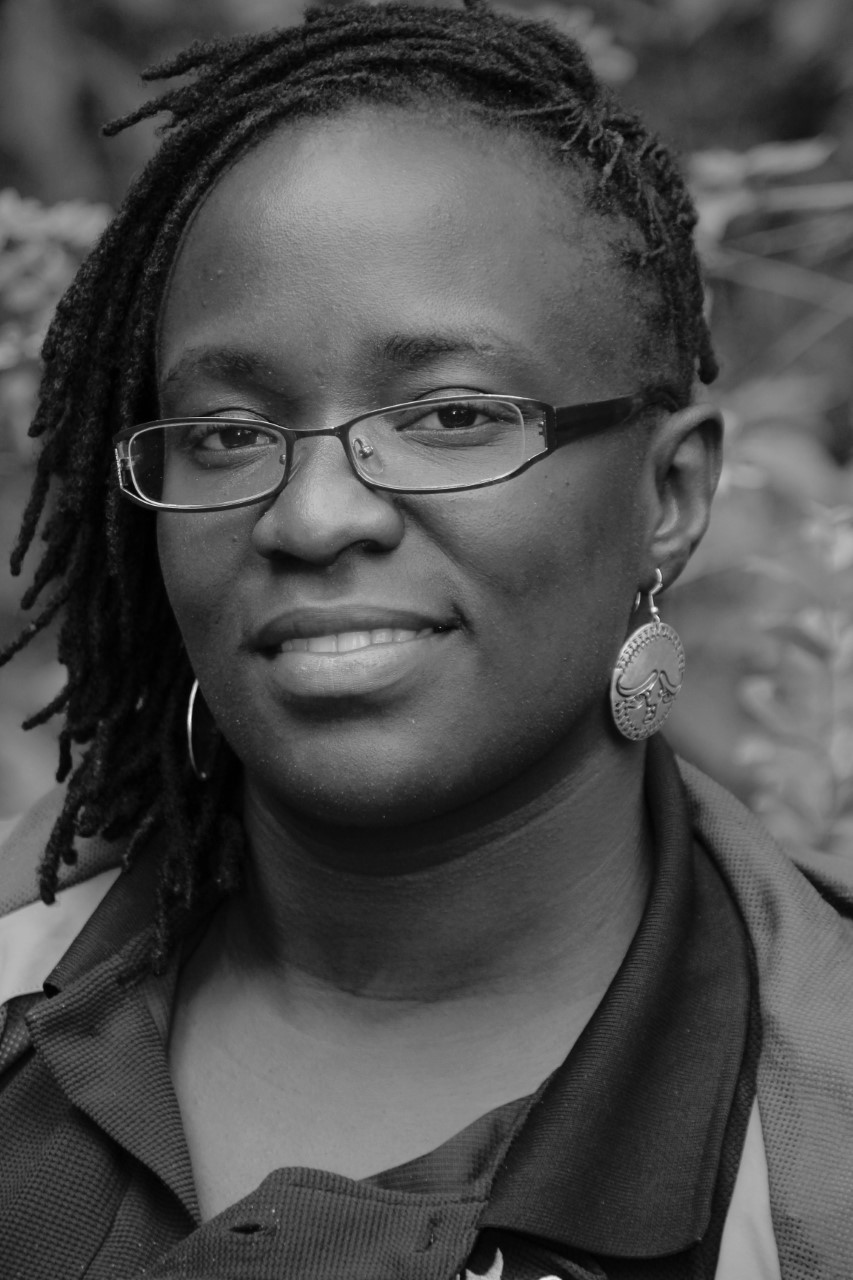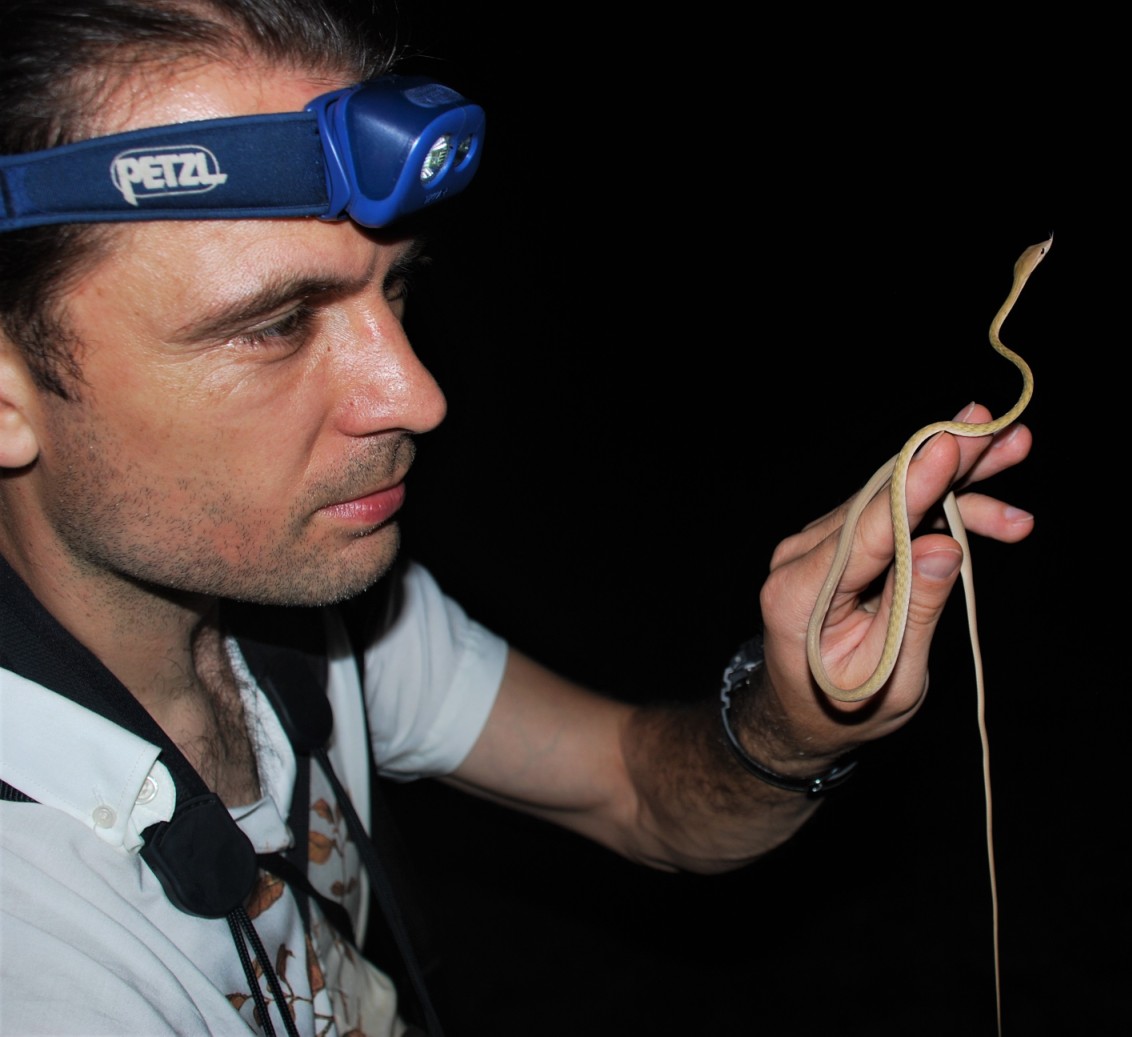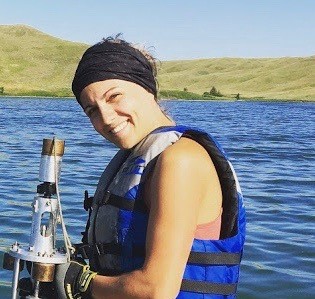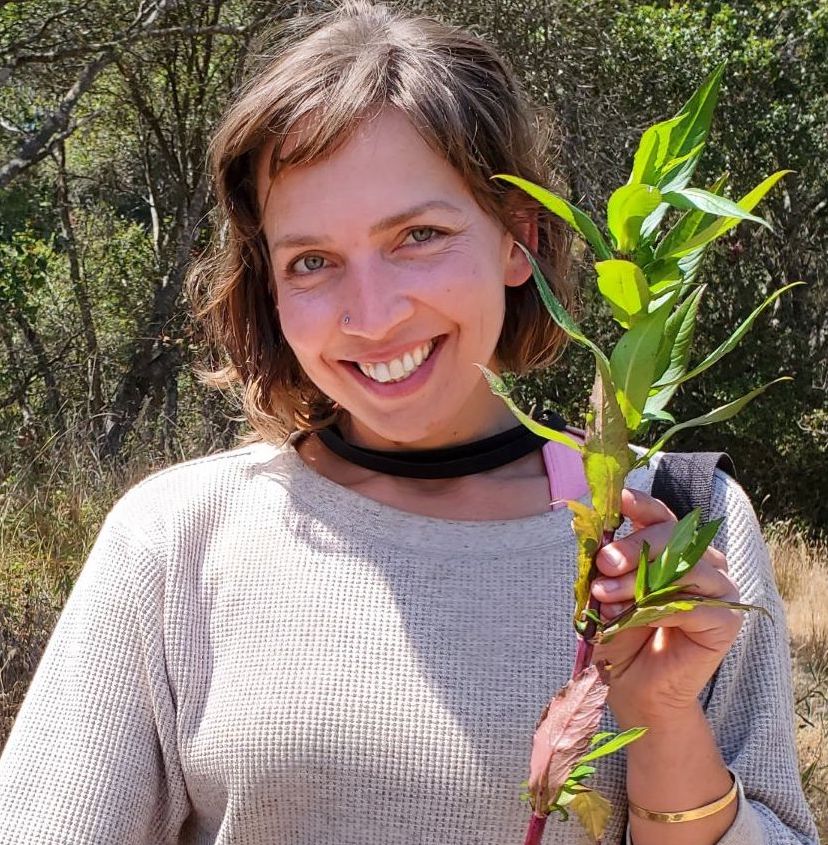Background
Sedimentary ancient DNA (sedaDNA) has become a powerful tool in paleoecology and is now largely used to track temporal changes in terrestrial and aquatic biodiversity over long-term periods (from decadal to millennial timescales). The sedaDNA scientific society aims to provide tools to transmit information about current sedaDNA research, promote best practices and create opportunities to foster collaborations between research groups.
Today, African researchers are still largely underrepresented in the sedaDNA research, as such one of our current projects is to encourage African researchers to engage and lead sedaDNA research. One first step would be to address the lack of resources by providing access to information, technical support and expertise, as well as facilitate exchange of students and researchers between African research groups and other international groups that would be identified as experts in the sedaDNA research. The ultimate goal of this initiative is to empower African researchers so they can play a central role in African lakes sedaDNA research in the near future.
First Symposium of the African sedaDNA working group
This symposium is a 2-hours seminar series (June 9th) and a 2-hours brainstorming session (June 10th) event. The goal of this first symposium to have an overview of past and current sedaDNA research from African ecosystems towards the creation the African sedaDNA. See the conference here
Table of members
under constructionResearch groups with skills in (paleo)ecology and/or molecular biology in Africa
under constructionPotential funds for sedaDNA research by African researchers
under constructionLiterature about sedaDNA research in African ecosystems
Tabares X, Zimmermann H, Dietze E et al (2020) Vegetation state changes in the course of shrub encroachment in an African savanna since about 1850 CE and their potential drivers. Ecology and Evolution 10 (2) 962-979. click here
Dommain R, Andama, Mcdonough M et al (2020) The challenges of reconstructing tropical biodiversity with sedimentary ancient DNA: a 2200-year-long metagenomic record from Bwindi Impenetrable Forest, Uganda. Frontiers in Ecology and Evolution. click here
Stoof-Leichsenring K, Epp L, Trauth M, Tiedemann R (2012) Hidden diversity in diatoms of Kenyan Lake Naivasha: a genetic approach detects temporal variation. Molecular Ecology 21 (8), 1918-1930. click here
Epp L, Stoof-Leichsenring, Trauth M, Tiedemann (2011) Molecular profiling of diatom assemblages in tropical lake sediments using taxon‐specific PCR and Denaturing High‐Performance Liquid Chromatography (PCR‐DHPLC). Molecular ecology resources 11 (5), 842-853. click here
Epp L, Stoof K, Trauth M, Tiedemann (2010) Historical genetics on a sediment core from a Kenyan lake: intraspecific genotype turnover in a tropical rotifer is related to past environmental changes. Journal of Paleolimnology 43 (4), 939-954. click here








